
During the campaign for woman suffrage, many people disagreed about whether women should vote. Opponents argued that women belonged at home and not in politics, while supporters countered that as citizens, women had an inherent right to vote. Suffragists also disagreed about the best strategy to secure the vote, whether by amending the state constitution or the U.S. Constitution, and whether public protests helped or harmed their cause. Virginia women made their arguments in speeches, newspaper columns, letters to legislators, and conversations with friends and family. The Library of Virginia’s gallery exhibition, We Demand: Women’s Suffrage in Virginia, included sound clips of some of these arguments, read by Library staff members. Listen to these clips below.
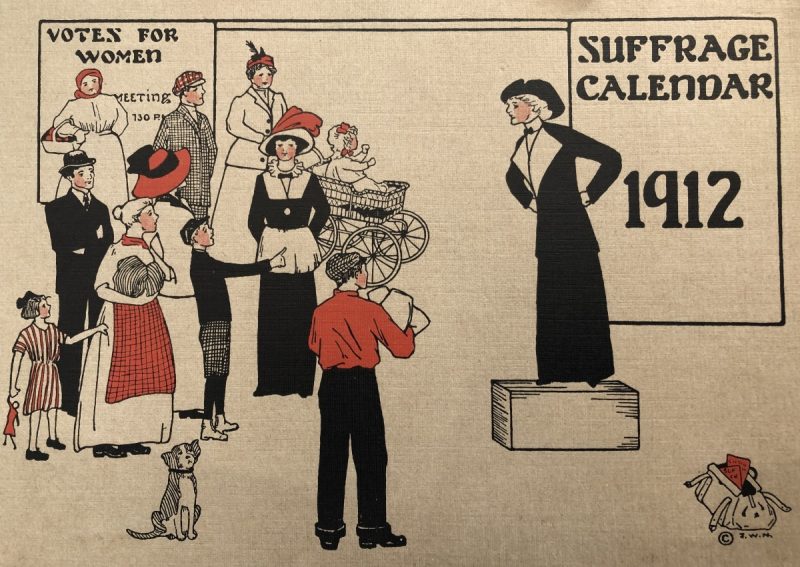
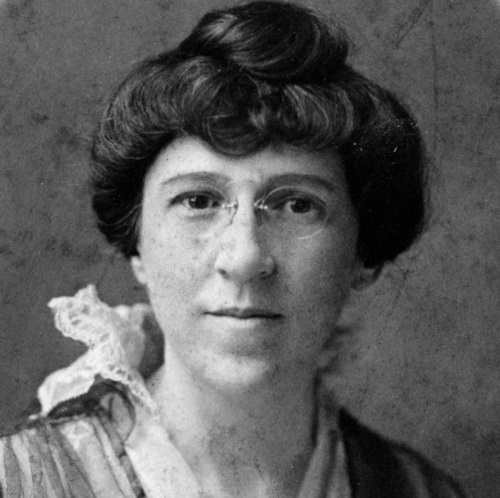
“A clarion call to the woman of today”
Equal Suffrage League of Virginia president Lila Meade Valentine explained why she fought for women’s voting rights in this excerpt from her September 7, 1916, speech to the National American Woman Suffrage Association, Equal Suffrage League of Virginia Records, Library of Virginia.
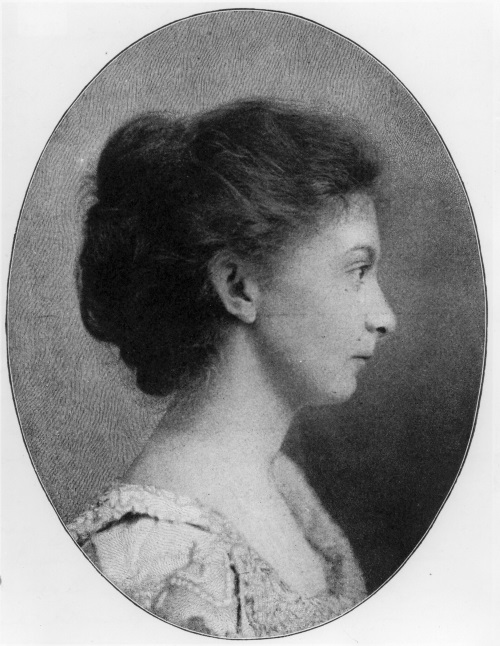
“I have a stake in my city, in my State, in the United States”
Novelist Mary Johnston described some of the reasons why she wanted the vote in this excerpt from her November 15, 1909, column in the Richmond Times-Dispatch.
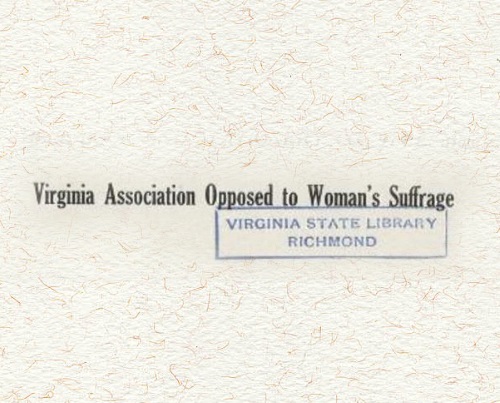
“Anti-Suffragists stand for the true view of woman’s place”
The Virginia Association Opposed to Woman Suffrage published pamphlets arguing why women should not vote, including Why Women Should Oppose Equal Suffrage, Equal Suffrage League of Virginia Records Library of Virginia.

“I should have some say in the making of those laws”
Richmond suffragist Lila W. Williams explained why she wanted the vote in this excerpt from her letter to the Richmond Evening Journal, July 7, 1916.
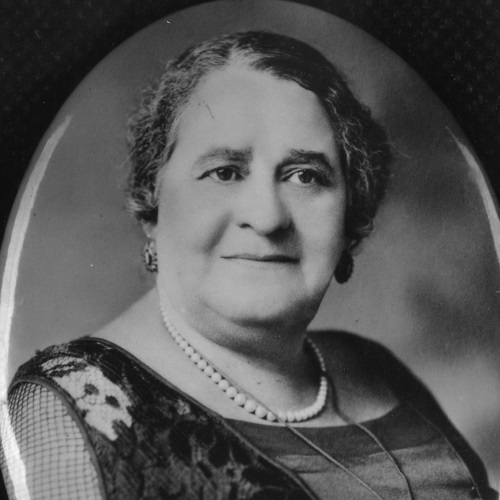
“Hear them at the ballot box”
St. Luke Penny Savings Bank president Maggie Walker informed her audience at the Negro Young People’s Christian and Educational Congress why African American women especially needed the vote in this excerpt from her July 14, 1912, speech, Maggie L. Walker National Historic Site.

“She has lost her best protection”
The Virginia Association Opposed to Woman Suffrage published pamphlets arguing why women should not vote, including Why Women Should Oppose Equal Suffrage, Equal Suffrage League of Virginia Records Library of Virginia.
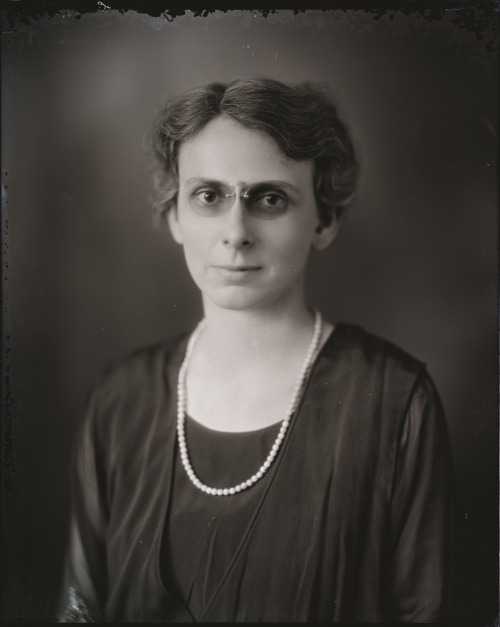
“I believe in the people”
Suffragist Lucy Randolph Mason explained why she supported woman suffrage in this excerpt from her letter to the Richmond Evening Journal, 7 July 1916.
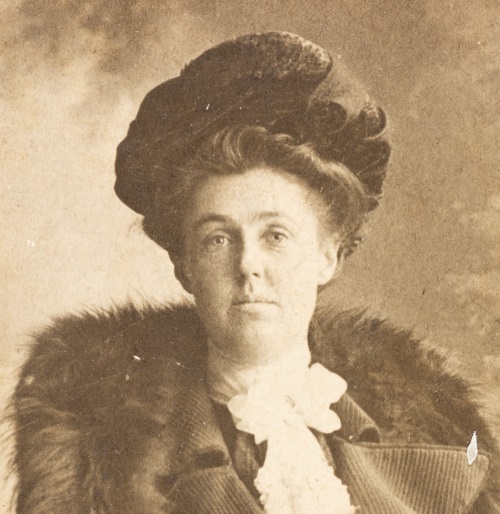
“The glow of my satisfaction is ever burning”
In an excerpt from an undated document, Hampton suffragist Faith W. Morgan recalled her experience at the March 3, 1913, national suffrage parade in Washington, D.C., Equal Suffrage League of Virginia Records, Library of Virginia.

“Woman’s unfitness for political participation”
Nannie Armistead Crump, a board member of the Virginia Association Opposed to Woman Suffrage, explained her opposition to women’s voting rights in this excerpt from her letter to the Richmond Evening Journal, July 7, 1916.
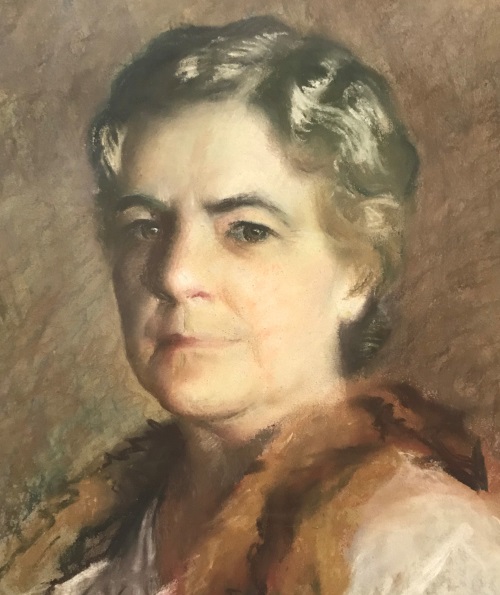
“A bold, bad woman!”
Staunton suffragist Fannie B. King described her suffrage work in a letter to Ida M. Thompson, ca. 1936, Equal Suffrage League of Virginia Records, Library of Virginia.
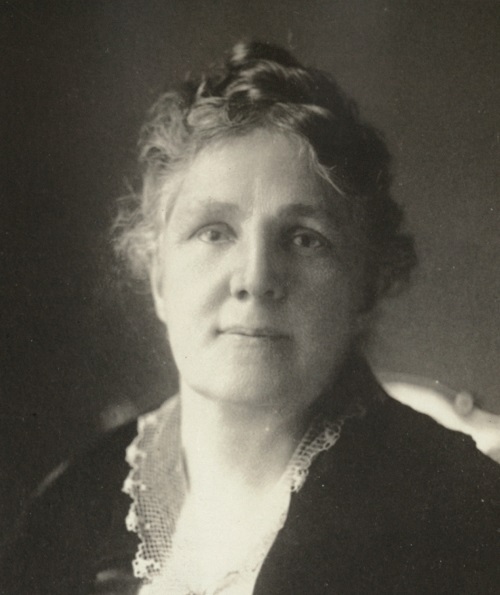
“All the people, not one-half the people”
In this excerpt from her June 28, 1916, presidential address, Sophie G. Meredith explained to members of the Virginia branch of the Congressional Union for Woman Suffrage (later known as the National Woman’s Party), why she believed in women’s voting rights, Virginia Congressional Union Minute Book, Library of Virginia.
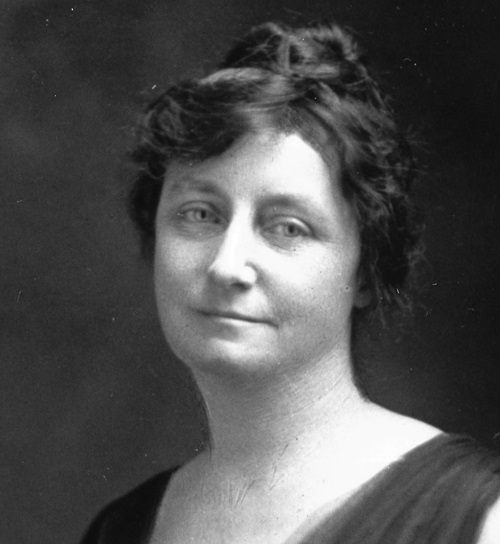
“Put the question before the Virginia Legislature”
Virginia Congressional Union vice chairman Pauline Adams informed Virginia congressman Edward E. Holland why she preferred a federal suffrage amendment in this excerpt from The Suffragist, June 25, 1915.

“The folly of the fanatical women”
In a July 2, 1917, press release, Equal Suffrage League president Lila Meade Valentine condemned the actions of the National Woman’s Party protesters at the White House, Equal Suffrage League of Virginia Records, Library of Virginia.
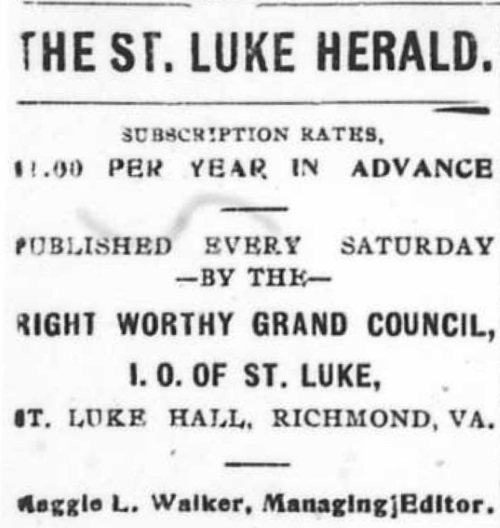
“Still under the blight and everlasting curse of slavery”
The St. Luke Herald, published by the Independent Order of St. Luke, explained why African American women faced an uphill battle in the fight for woman suffrage in the South in this excerpt from one of its editorials reprinted in The Crisis (May 1913).

“Condemned by woman suffrage”
The Virginia Association Opposed to Woman Suffrage feared that African American women would vote in large numbers and threaten white supremacy in Virginia, as described in this excerpt from an editorial in the Richmond Evening Journal, May 4, 1915.

“Not a matter of principle but of expediency”
Like most Virginia suffragists, Equal Suffrage League president Lila Meade Valentine did not want to work with African American suffragists as she described in this excerpt from her February 17, 1919, letter to Mrs. Halsey W. Wilson, Adèle Goodman Clark Papers, Virginia Commonwealth University.
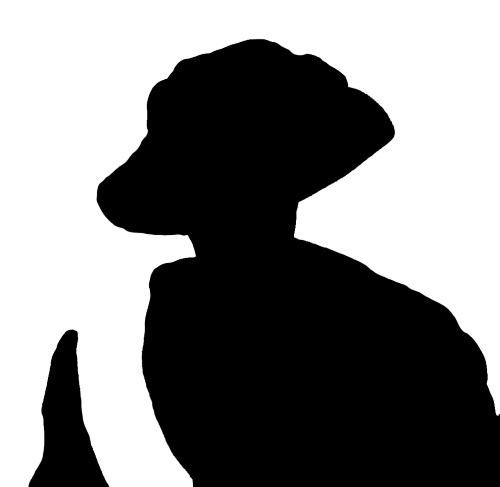
“Insolubly bound together”
In this excerpt from her essay, Susie A. Shepperson, a student at Virginia Normal and Industrial Institute (now Virginia State University), anticipated the success of the suffrage campaign, V.N. & I. I. Gazette (Jan. 1920).
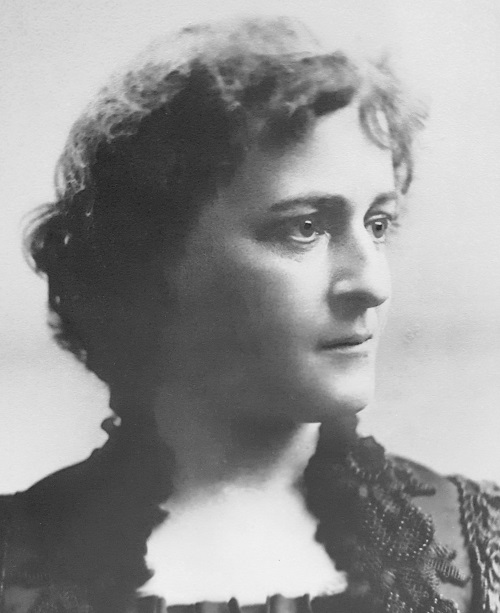
“Make your women free”
Elizabeth Lewis demanded political rights for women in this excerpt from her January 19, 1912, speech to a committee of the Virginia General Assembly that was printed as a pamphlet, Make Your Women Free, Equal Suffrage League of Virginia Records, Library of Virginia.
